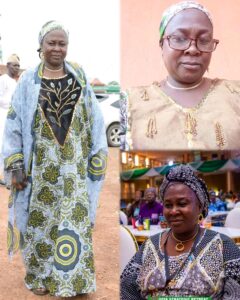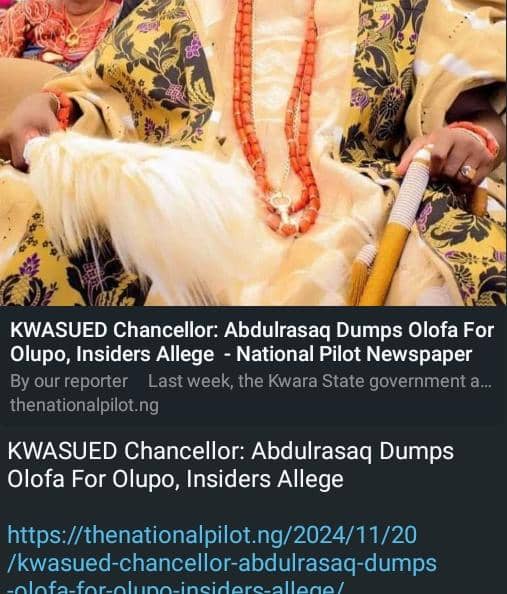
Political appointments are a crucial aspect of governance, and heads of government have the power to make these appointments.
However, it’s important to note that these appointments don’t necessarily determine the hierarchy or status of the appointees
This is especially relevant when it comes to traditional leadership positions, such as the Olofa of Offa, who remains the undisputed head of the Ibolo Kingdom and the highest-ranked King in the Kwara South district, regardless of political appointments.
The local media and individuals should be cautious not to cause issues from any appointments made, as no appointments can cater to the entire populace.
Moreover, being a beneficiary of an appointment isn’t a justification for ridiculing the status of those who are not considered.
*It’s essential to recognize that true leadership and status come from the respect and recognition of one’s community and peers, not just from political appointments.*
In the context of Kwara as a State, the Olofa of Offa holds a significant position as the Secretary of the Kwara State Council of Chiefs.
This role is not just an appointment but a traditional leadership position that commands respect and recognition.
The Olofa’s status is not dependent on political appointments, and it’s essential to understand the dynamics of traditional leadership and political appointments to avoid causing unnecessary issues.
Political appointments are a natural part of governance, but they shouldn’t be seen as the sole determinant of an individual’s status or hierarchy.
Traditional leadership positions, such as the Olofa of Offa, hold significant value and respect, regardless of political appointments.
It’s crucial to recognize and respect these dynamics to maintain harmony and understanding in our communities.
Prince Adekunle Salawu Thomade writes from the Centre of Unity, Abuja.




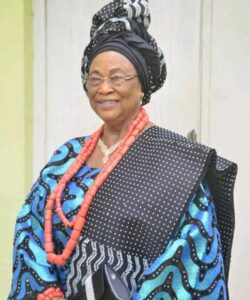
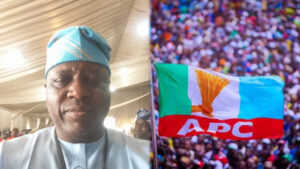
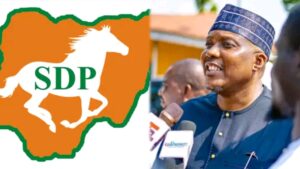
![[PHOTOS] Engr. Nurudeen Adeyemi Balogun Visits APC National Secretary](https://newsbulletin.com.ng/wp-content/uploads/2026/01/1769627828939-300x300.jpg)
